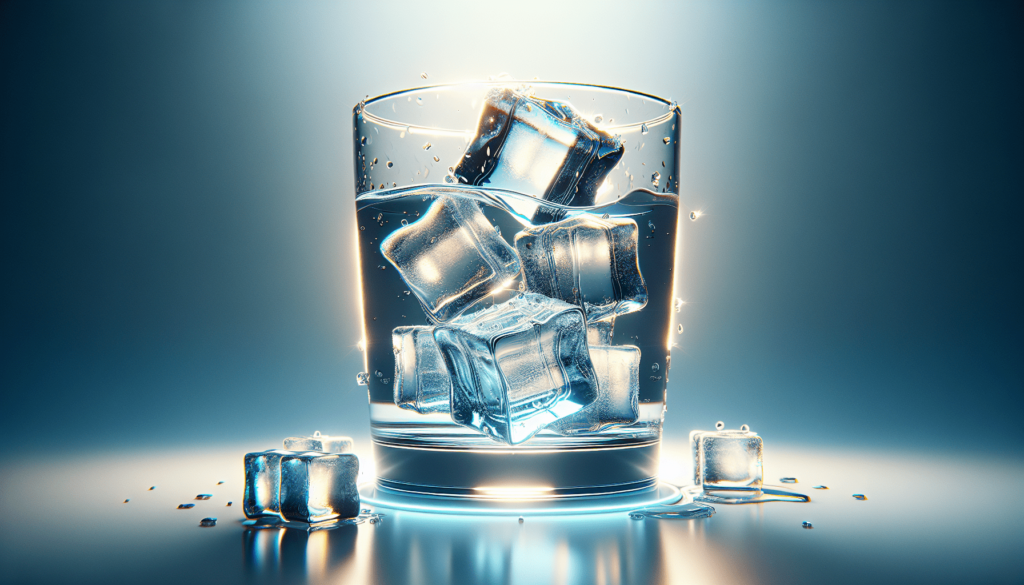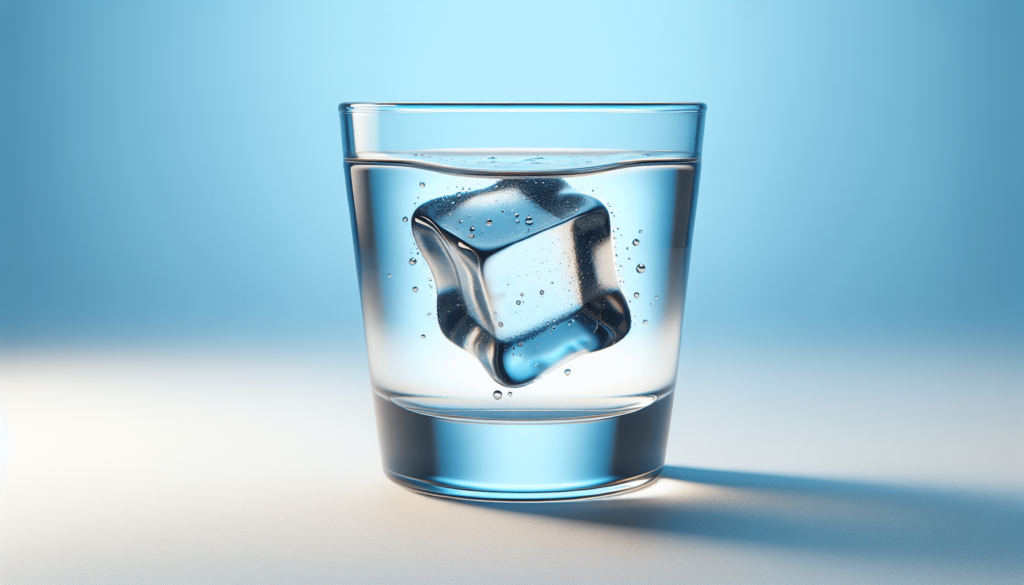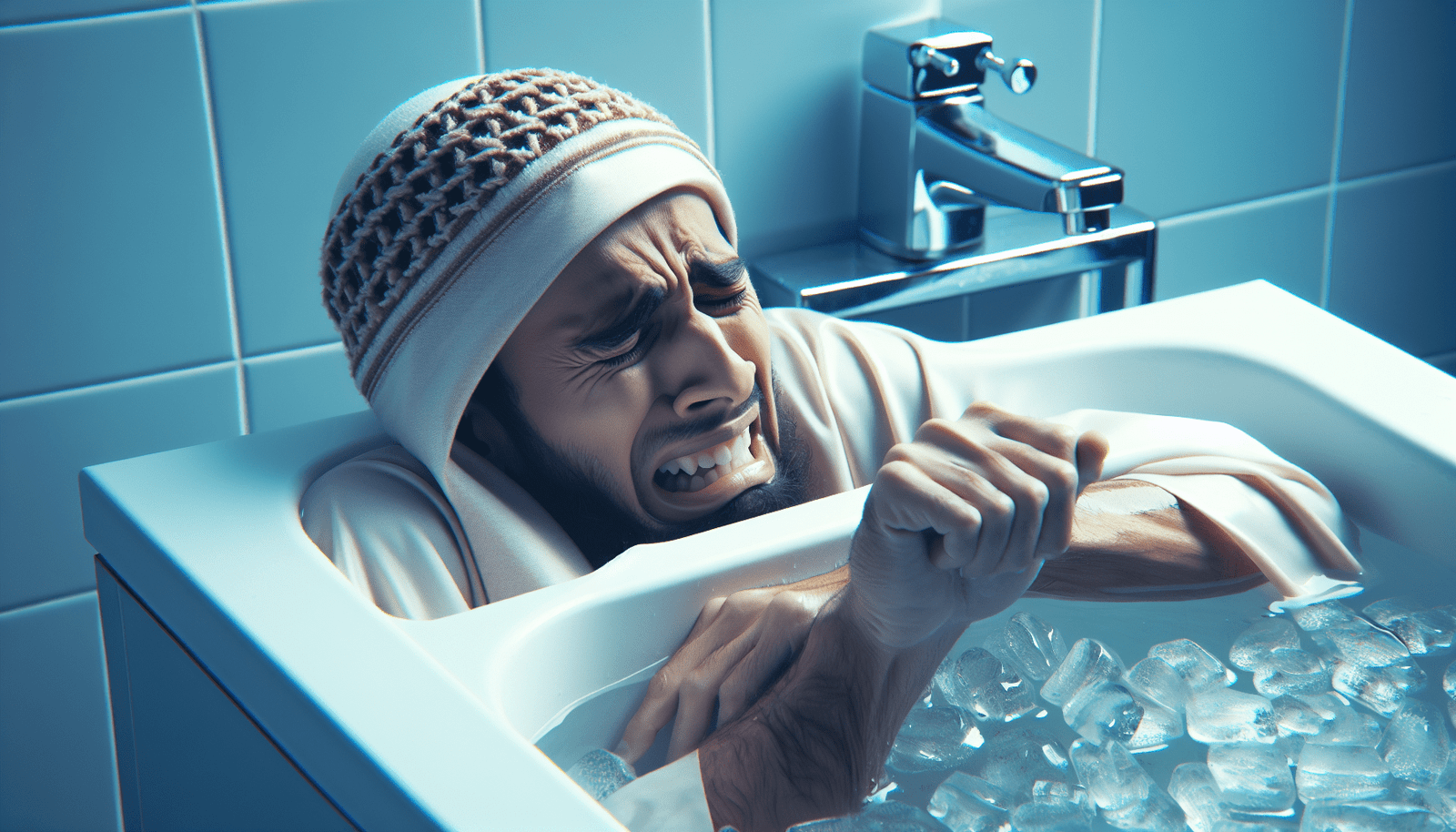Welcome, curious reader! Have you ever wondered about the potential drawbacks of taking cold water baths? While they can be invigorating and offer numerous health benefits, there are some disadvantages to consider. From potential shock to skin irritation, it’s important to be aware of the potential negative effects of this chilly practice. So, before you dive in, let’s explore the possible disadvantages of cold water baths together. What Are The Disadvantages Of Cold Water Baths?
What are the disadvantages of cold water baths? Are there any potential risks or negative effects associated with this popular wellness trend? In this article, we will explore the downsides of taking cold water baths and how they may impact your health and well-being. Let’s dive in!
Potential Health Risks
Cold water baths may offer several health benefits, but they also come with potential risks that you should be aware of.
When you expose your body to cold water, especially for prolonged periods, it can lead to a condition called hypothermia. This is when your body loses heat faster than it can produce it, causing your core temperature to drop to dangerous levels. Symptoms of hypothermia include shivering, confusion, slurred speech, and even loss of consciousness.
While a cold plunge every now and then may not pose a serious threat, it’s essential to be cautious and pay attention to how your body reacts to the cold water.
Recommendations for Safe Cold Water Baths
To minimize the risk of hypothermia and other potential health risks associated with cold water baths, follow these recommendations:
- Limit your time in the cold water to no more than 10-15 minutes at a time.
- Pay attention to how your body feels and exit the water immediately if you start to experience any concerning symptoms.
- Make sure the water temperature is not too cold, ideally between 50-60 degrees Fahrenheit.
- Gradually acclimate your body to cold water by starting with shorter exposure times and gradually increasing the duration.
By following these guidelines, you can enjoy the benefits of cold water baths while minimizing the potential risks to your health.
Impact on Skin and Hair
Cold water baths are often touted for their benefits to the skin and hair, but they may also have some downsides.
One of the main disadvantages of cold water baths for the skin is that they can cause vasoconstriction, which is the narrowing of blood vessels. This can lead to reduced blood flow to the skin, making it appear pale and feel cold to the touch. In some cases, vasoconstriction may exacerbate skin conditions such as eczema or psoriasis.
Cold water can also strip the skin and hair of their natural oils, leading to dryness, irritation, and potential damage. If you have sensitive skin or scalp, cold water baths may exacerbate these issues.
Tips for Protecting Your Skin and Hair
To minimize the negative impact of cold water baths on your skin and hair, consider the following tips:
- Use a gentle, hydrating body wash or shampoo to help replenish moisture.
- Apply a rich moisturizer or conditioner after bathing to lock in hydration.
- Avoid hot showers immediately after a cold water bath, as this can further strip your skin and hair of their natural oils.
- Consider using a shower filter to remove chlorine and other impurities from the water, which can be harsh on the skin and hair.
By taking care of your skin and hair before and after a cold water bath, you can help mitigate some of the potential disadvantages associated with this practice.

Impact on Immune System
One of the purported benefits of cold water baths is their ability to boost the immune system by stimulating circulation and activating the body’s natural defense mechanisms. However, cold water immersion may also have some drawbacks when it comes to immune function.
Exposing your body to cold water can be a significant stressor, triggering the release of cortisol, the stress hormone. Chronically elevated cortisol levels can suppress immune function, making you more susceptible to infections and illnesses.
Additionally, cold water baths may cause an inflammatory response in the body, which can lead to increased levels of inflammation. Chronic inflammation is linked to a variety of health issues, including autoimmune diseases, heart disease, and cancer.
Ways to Support Your Immune System
To help support your immune system and counteract some of the potential negative effects of cold water baths, consider incorporating the following strategies into your routine:
- Eat a balanced diet rich in fruits, vegetables, and whole grains to provide your body with essential nutrients.
- Get regular exercise to boost circulation and immune function.
- Practice stress-reducing activities such as meditation, yoga, or deep breathing exercises to lower cortisol levels.
- Ensure you are getting enough sleep to help your body recover and repair itself.
By taking proactive steps to support your immune system, you can help offset some of the potential disadvantages associated with cold water baths.
Impact on Muscle Recovery
Cold water baths are often used by athletes and fitness enthusiasts to aid in muscle recovery and reduce post-exercise soreness. However, there is some debate about the effectiveness of cold water immersion for these purposes.
While cold water baths may help reduce inflammation and muscle soreness in the short term, some research suggests that they may actually impair muscle repair and growth over time. Cold water immersion can blunt the adaptive response of muscles to exercise, potentially hindering gains in strength and endurance.
Additionally, cold water baths may delay the natural inflammation process that occurs after exercise, which is essential for muscle repair and growth. By interfering with this process, cold water immersion may actually slow down the recovery process and limit the benefits of your workouts.
Alternatives to Cold Water Baths for Muscle Recovery
If you’re looking for alternative ways to support muscle recovery without relying on cold water baths, consider trying the following strategies:
- Foam rolling or self-myofascial release to help release muscle tension and improve circulation.
- Contrast water therapy, alternating between hot and cold water, to stimulate circulation and enhance recovery.
- Epsom salt baths to help relax muscles and reduce soreness.
- Active recovery activities such as walking, yoga, or light stretching to promote blood flow and reduce stiffness.
By exploring different methods of muscle recovery and finding what works best for your body, you can enhance your fitness progress without relying solely on cold water baths.

Impact on Mood and Mental Health
Cold water baths are often praised for their ability to invigorate the mind and body, increase alertness, and improve mood. However, the experience of immersing yourself in cold water may not be enjoyable for everyone, and it can have a negative impact on your mood and mental health.
Some people may find the shock of cold water immersion to be distressing or anxiety-inducing, leading to increased feelings of stress or discomfort. Cold water can trigger the body’s stress response, causing an increase in heart rate, blood pressure, and adrenaline levels.
Additionally, cold water baths may not be suitable for individuals with certain mental health conditions, such as anxiety disorders, panic attacks, or PTSD. The intense sensory experience of cold water immersion may exacerbate symptoms and trigger negative emotions.
Strategies for Supporting Mental Health
If you’re concerned about the potential impact of cold water baths on your mood and mental health, consider incorporating the following strategies into your self-care routine:
- Practice deep breathing exercises or progressive muscle relaxation to help calm your mind and body before and after a cold water bath.
- Listen to calming music or guided meditation to help distract yourself and stay grounded during the experience.
- Engage in regular mental health activities such as therapy, counseling, or support groups to address underlying issues and build resilience.
- Consider alternative forms of hydrotherapy, such as warm water baths or saunas, which may be more soothing and less stressful for some individuals.
By prioritizing your mental health and emotional well-being, you can make informed choices about whether cold water baths are the right fit for you and find alternative ways to support your mood and mental health.
Conclusion
While cold water baths offer numerous benefits for physical and mental well-being, they may also come with potential disadvantages that you should be aware of. By understanding the risks associated with cold water immersion and taking precautions to mitigate them, you can enjoy the benefits of this wellness practice safely and effectively.
Whether you’re looking to support muscle recovery, boost immune function, or improve your mood, cold water baths can be a valuable tool in your self-care routine. Just remember to listen to your body, prioritize safety, and consult with a healthcare professional if you have any concerns or underlying health conditions.
Are you ready to take the plunge into cold water baths and experience the benefits for yourself? Remember to take it slow, be mindful of your limits, and enjoy the refreshing and rejuvenating effects of this invigorating practice. Stay safe, stay healthy, and embrace the power of cold water baths in your wellness journey.


